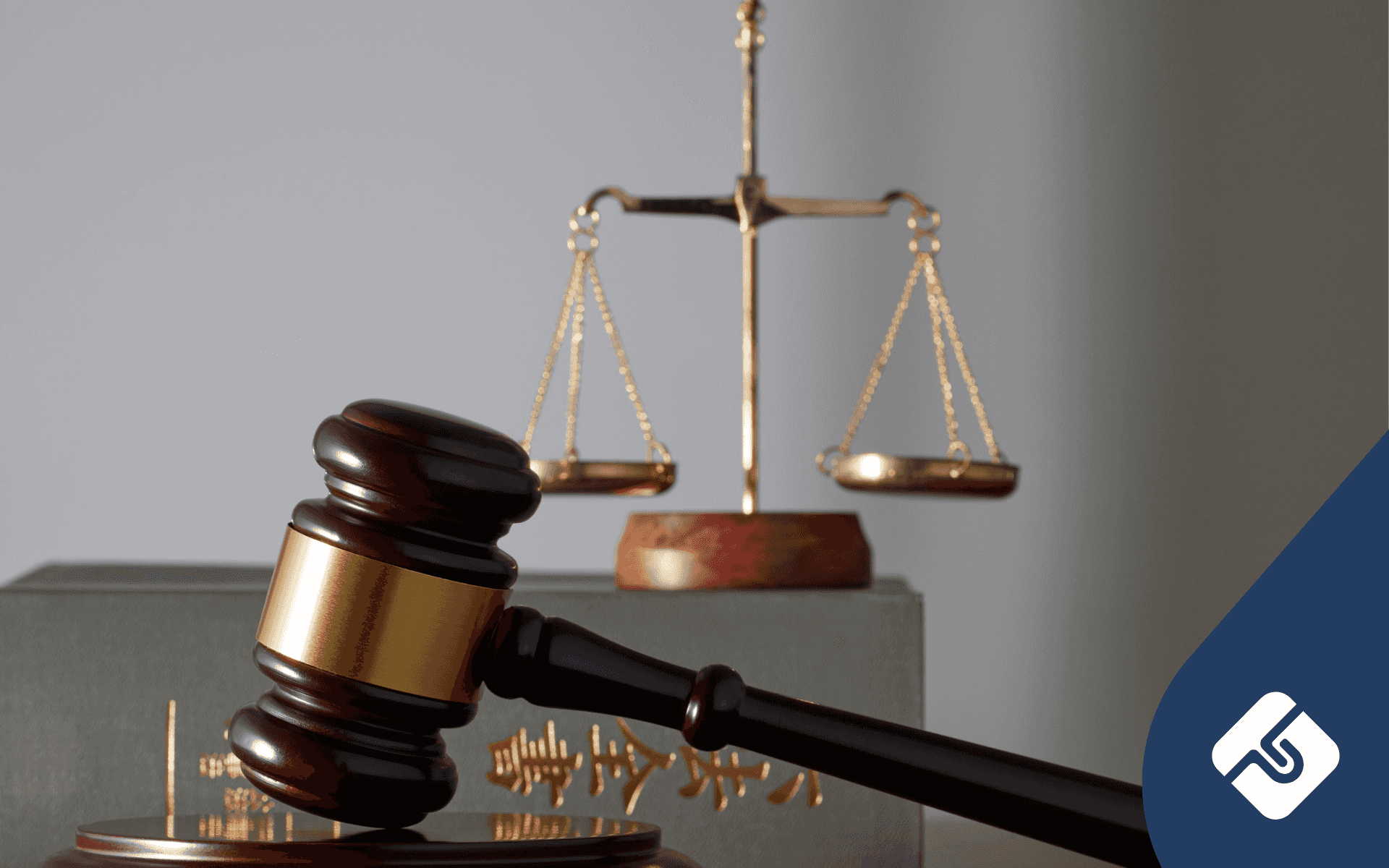Sydney-based lawyer with experience within family and personal injury matters. Formerly Legal Intern at Lawpath.
Court proceedings can result in a number of different orders when it comes to costs. In this article, we’ll discuss what costs in the cause are. Put simply, costs in the cause mean that the costs of proceedings are paid by the unsuccessful party when proceedings are finalised.
Costs in the Cause
It’s common in civil proceedings for the unsuccessful party to pay the costs of the party that is successful. This is essentially what ‘costs in the cause’ means, however it is an Order that can be made before the final judgment is delivered.
In many proceedings, there are preliminary or interim hearings to determine issues before the matter goes to trial. If costs in the cause are ordered, then this means that the costs of the preliminary or interim hearing will be paid by whoever is unsuccessful at trial.

Get a fixed-fee quote from Australia's largest lawyer marketplace.
Example
Company X is involved in litigation with Company Y. Company Y has applied for an extension of time to provide documents. This is to be decided in an interlocutory hearing. Company Y fails in their application for an extension of time, however the Court orders costs in the cause. Several months later, Company X is successful at trial. This means that Company Y will have to pay the costs of the interlocutory application and hearing.
When can it be ordered?
Costs in the cause can only occur once a matter has proceeded to litigation. Further, they are only usually seen in civil cases (not criminal). Further, for tribunal matters costs in the cause is not normally ordered. This is because costs orders are not normally made in the first place. The general rule here is that each party will pay their own legal costs regardless of what the outcome of the case is.
However, there are exceptional circumstances where you may be ordered to pay costs in a tribunal or family law case.
Conclusion
Ultimately, costs in the cause refer to a party who loses a case being responsible for the other party’s legal fees down the track. You should be aware that these costs don’t usually include lawyer fees (solicitor/client costs). This means that the successful party in the litigation will still have to pay their lawyer fees.
If you’re worried about the costs of litigation, you should contact Lawpath at 1800 529 728 to help you estimate the fees you may incur. This is useful because even if you win your case and are awarded costs, you may still be responsible for paying your lawyer. Therefore you should try to get an idea of what your legal costs might be.
Don't know where to start?
Contact us on 1800 529 728 to learn more about customising legal documents, obtaining a fixed-fee quote from our network of 600+ expert lawyers or to get answers to your legal questions.






